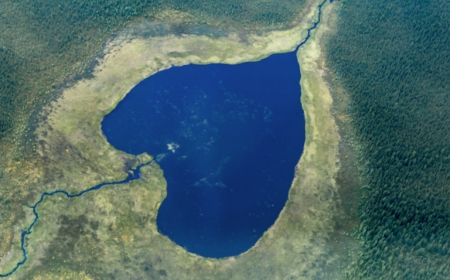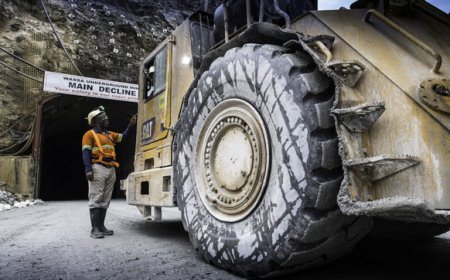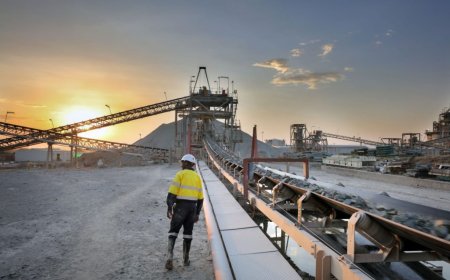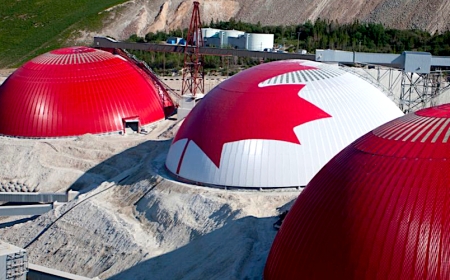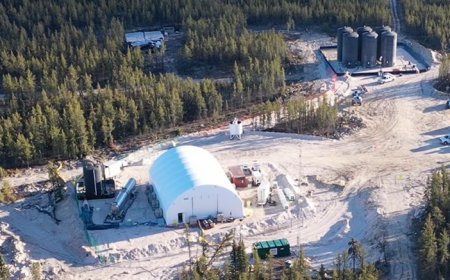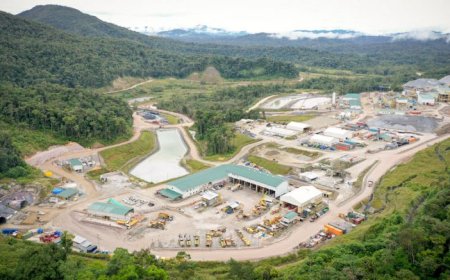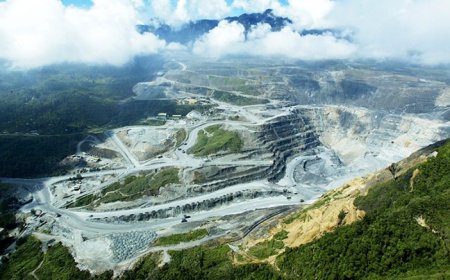Uranium developer Denison options Saskatchewan lithium brine project
Uranium-focused Denison Mines (TSX: DML; NYSE: DNN) and lithium explorer Grounded Lithium (TSXV: GRD; US-OTC: GRDAF) have signed a deal that bets on low-cost extraction methods in Saskatchewan.
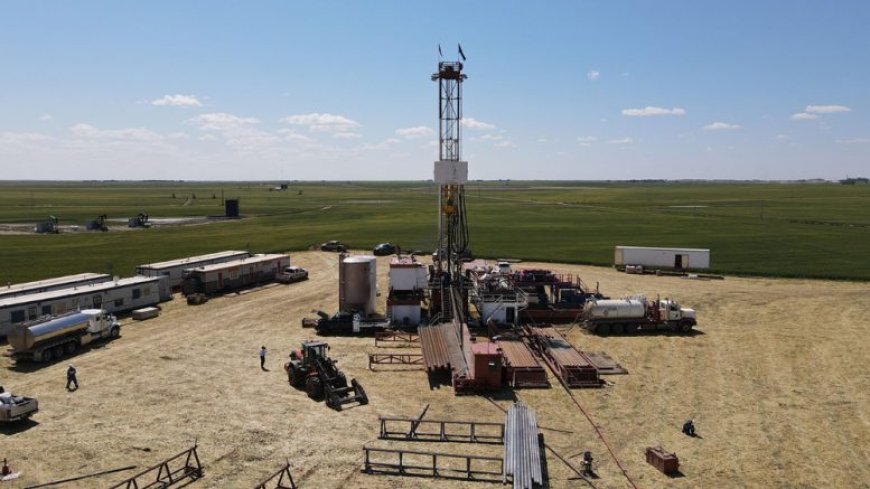

The agreement gives Denison the option to earn up to a 75% interest in Grounded’s Kindersley lithium brine project in western Saskatchewan, the companies said in a joint news release on Tuesday. Denison, focused on uranium further north in the Athabasca Basin will pay up to $15.1 million for the interest, in cash payments of up to $3.1 million. It will also fund project costs of up to $12 million through an earn-in option.
Grounded Lithium shares were up 33% at 10¢ apiece at mid-day in Toronto on the option deal, valuing the company at $7.6 million. Its shares have traded between 7¢ and 50¢ over the past year.
The cash is expected to offer more than enough funding for a field pilot at the Kindersley lithium project (KLP) that both companies plan to advance. Kindersley, located just north of the namesake town near the Alberta border, sits on top of the Leduc/Duperow formations that underlie the Prairie provinces.
“This is very significant for us in terms of helping us unlock the value of our project,” Grounded CEO Gregg Smith told The Northern Miner in an interview. “Denison is also doing first-of-a-kind uranium mining in Saskatchewan, where they’re doing in-situ extraction of uranium. That really reduces the cost. It’s a very innovative approach to it and it will be first of its kind in Canada. It kind of goes to the heart of what their company is.”
Denison CEO and president David Cates said in a statement the company views lithium as a complementary mineral to Denison’s core uranium business, with both identified as critical minerals for the clean energy transition.
“Combining our deep local technical capabilities with the Grounded team’s experience on KLP has the potential to create an incredible environment to incubate the KLP to emerge as a premier lithium project in a top mining jurisdiction,” he said.
The investment from Denison comes as momentum builds for lithium brine projects on the Prairies, despite a drop in lithium prices, with Grounded having released a strong preliminary economic assessment (PEA) for Kindersley last July that showed it could produce 11,000 tonnes of lithium hydroxide over a 20-year life. EMP Metals (CSE: EMPS; US-OTC: EMPPF) is also advancing a lithium brine project in Saskatchewan, along with E3 Lithium (TSXV: ETL; US-OTC: EEMMF) and Volt Lithium (TSXV: VLT), in neighbouring Alberta.
Low-cost solution extraction
Denison’s investment in lithium comes as prices for the battery metal have tanked, while prices of its principal commodity, uranium, have risen to highs not seen since 2007. On Monday, the spot price hit US$103 per lb. The price increase is being driven by rising demand for nuclear energy projects and limited supply.
Denison is also emerging as a potential pioneer of in-situ recovery (ISR) mining in the Athabasca Basin, after a final set of field tests last November showed it could be successfully deployed on a commercial scale at the Wheeler River project. ISR involves pumping a solution underground, where it separates uranium from the ore and is later pumped back to the surface. It costs less than underground mining, doesn’t require digging pits and has a smaller environmental footprint.
In that test, Denison recovered 14,400 lb. of uranium oxide (U3O8) in solution in the leaching and neutralization phases, and recovered over 99.99% of the contained uranium in the solution management phase. Previous tests going back to 2019 also returned positive results, including one in 2022 that Denison called ‘history in the making.’
While both processes involve pumping a solution to the surface, Grounded uses direct lithium extraction to draw lithium-containing brine from old oil wells underground. The extracted solution is purified in a surface plant to bring out the high-grade lithium carbonate and lithium hydroxide.
Canaccord Genuity analyst Katie Lachapelle told The Northern Miner that if Denison successfully obtains its permits to mine, Wheeler River could open up new possibilities for uranium projects.
“It’ll unlock a lot of 20, 50, 60 million lb. deposits in Canada that otherwise wouldn’t have been considered super economic, or that you wouldn’t want to put the capital into building a shaft. So, I think it’s a game changer,” she said.
Kindersley details
Kindersley’s first phase has an after-tax net present value (at 8% discount) of US$1 billion, an internal rate of return of 48.5% and at initial capital costs of US$335 million, with a payback period of 3.7 years.

KLP hosts 586,044 measured tonnes of lithium hydroxide, 525,651 indicated tonnes and 3.6 million inferred tonnes, all grading at 74 mg of lithium per litre.
The new deal entails Denison increasing its cash payments to Grounded from $800,000 in the first phase of Kindersley to $3.1 million in the third, in line with an increase in Denison’s interest from 30% to 75%. Expenditures for the project will generally be wholly funded by Denison.
The agreement will last until Denison opts to acquire its working interest and convert it to a formal joint venture, or until either June 30, 2028 or another date agreed by the companies.
Denison has also bought a 5% gross overriding royalty on KLP for $800,000, which would drop to 2% after all approvals for the project are received, and be removed entirely 15 months after the earn-in agreement closes.
The two companies have established an area of mutual interest for any lands acquired within 10 km of any properties contained within Kindersley that are prospective for lithium.
“Their investment is helping us de-risk by putting in place the pilot,” Smith said. “That allows us to fine tune our engineering studies and produce the feasibility so then we can start to march forward towards commerciality.”
Denison shares were down 2.1% to $2.74, giving it a market capitalization of $2.4 billion. Its shares traded between $1.28 and $2.82 over a 52-week window.

